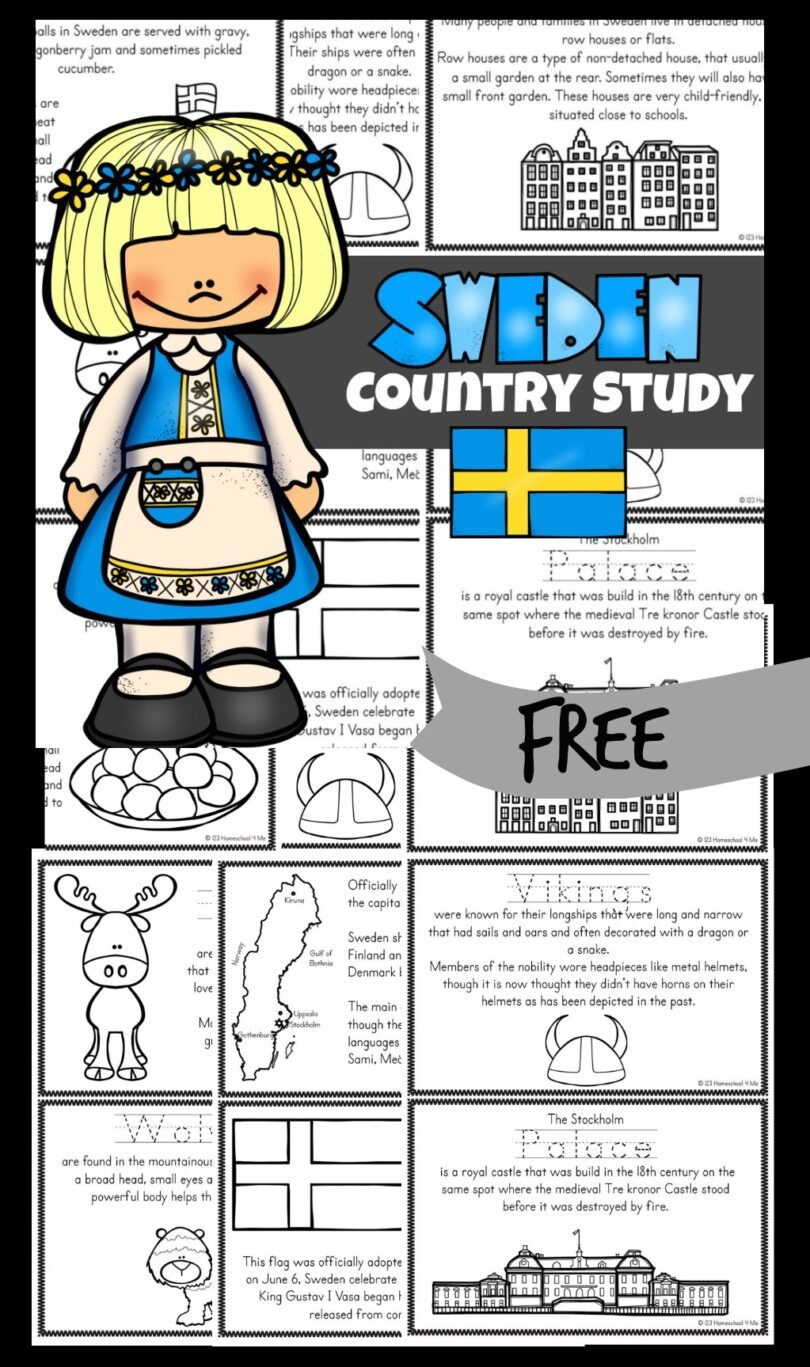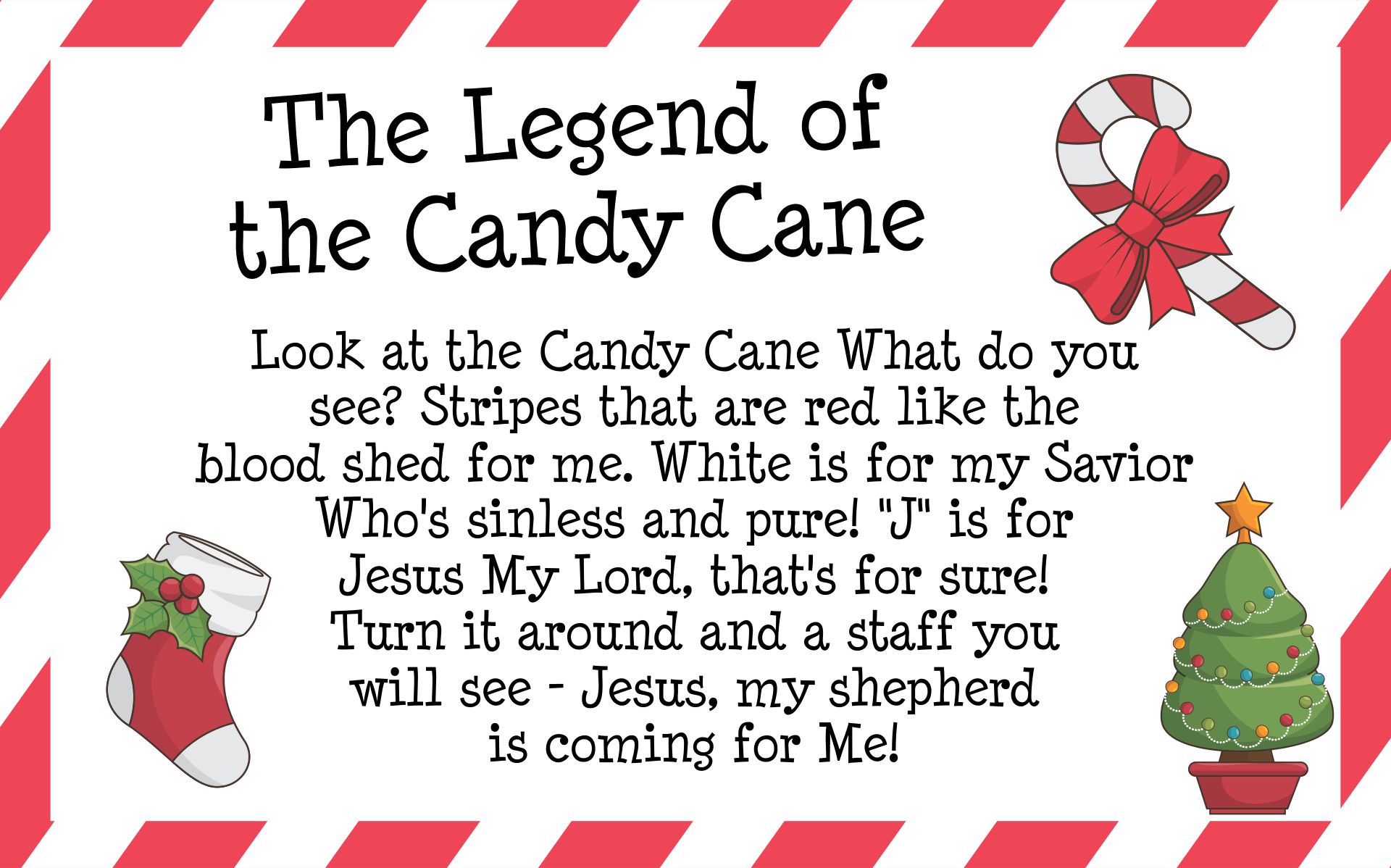History Of The Candy Cane Printable Sweden In 1919 in Albany Georgia Robert McCormack began making candy canes for local children and by the middle of the century his company originally the Famous Candy Company then the Mills McCormack Candy Company and later Bobs Candies had become one of the world s leading candy cane producers
The first documented example of the use of candy canes to celebrate Christmas occurred in 1847 when August Imgard a German Swedish immigrant from Wooster Ohio decorated the Christmas tree with paper ornaments and candy canes The candy cane story Once there was a candy maker who wanted to invent a candy that was a witness to Christ The result was the candy cane First of all he used a hard candy because Christ is the ROCK of Ages
History Of The Candy Cane Printable Sweden
 History Of The Candy Cane Printable Sweden
History Of The Candy Cane Printable Sweden
https://foodal.com/wp-content/uploads/2016/12/christmas-and-the-candy-cane-a-history.jpg
The German tradition was continued in the United States by a German Swedish immigrant named August Imgard who celebrated Christmas in Wooster Ohio by decorating a small blue spruce with paper ornaments and candy canes in 1847 The tradition began to spread and around the turn of the century red and white stripes and
Pre-crafted templates provide a time-saving solution for producing a varied range of files and files. These pre-designed formats and layouts can be utilized for different individual and professional tasks, including resumes, invitations, flyers, newsletters, reports, discussions, and more, simplifying the material creation procedure.
History Of The Candy Cane Printable Sweden

Meaning Of The Candy Cane Printable

FREE Sweden For Kids Printable Reader Printable Book

Legend Of Candy Cane Free Printable Printable Word Searches

Candy History Invention And Facts About Candy

Meaning Of The Candy Cane Printable Printable Word Searches

Legend Of The Candy Cane Nativity Card Printable Christian Etsy In

https://www.history.com/news/candy-canes-invented-germany
Most however agree the white candy cane made its U S debut in 1847 in Wooster Ohio according to Schildhaus when August Imgard a German Swedish immigrant decorated a small blue spruce

https://studyinsweden.se/blogs/2016/11/18/polkagris
The candy sticks have Swedish heritage with an American twist They are called Polkagris and their story is an example of some early day lady entrepreneurial power in Sweden Candy cane noun k n di ke n k n di ke n a piece of flavoured hard candy shaped like a cane a walking stick

https://www.sixcleversisters.com/the-story-of-the
The candy cane has Biblical principles A J for Jesus flip it over and it s a staff representing Jesus our Shepherd as well as the shepherds who were the first to hear of Jesus birth A white candy stick tells of our sinless Savior

https://www.umgasmagazine.com/knew-candy-cane-swedish-roots
Google Today the town continues to celebrate its history as the birthplace of the earliest version of the candy cane Eriksson s story as the first Swedish business woman is told in the Gr nna Museum and there is a statue of her in a park at the foot of Gr nna Mountain

https://www.thoughtco.com/history-of-candy-canes-1991767
In 1919 a candymaker named Bob McCormack began making candy canes And by the middle of the century his company Bob s Candies became widely famous for their candy canes Initially the canes had to bent by hand to make the J shape
The Legend of the Candy Cane is a fun object lesson to remind kids the Christmas story is all about Jesus Download our printable version below and share this beautiful Gospel message with kids in your church this December Get the printout below and then watch our Candy cane object lesson video The first documented use of candy canes in the U S dates back to 1847 when German Swedish immigrant August Imgard decorated a blue spruce tree with candy canes and paper ornaments
While the origins of this sweet are a little blurry we do know that the automatic candy cane machine was invented in the mid 20th century The cane had to be bent manually when it was still warm and soft after coming off the assembly line usually using a wooden mold